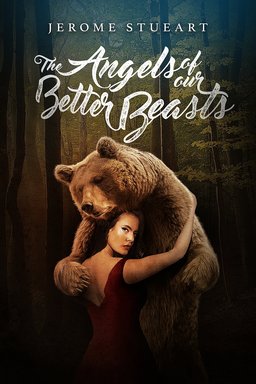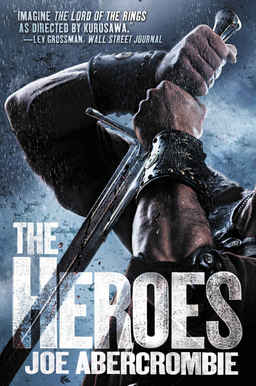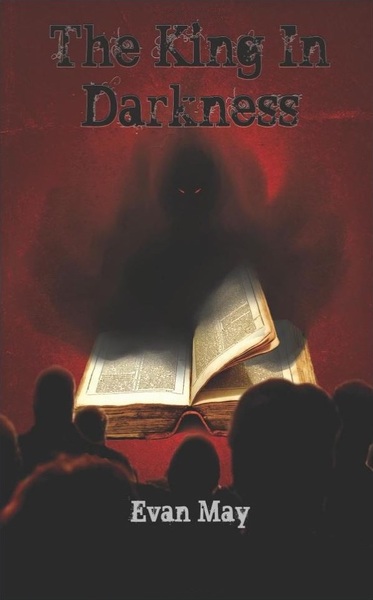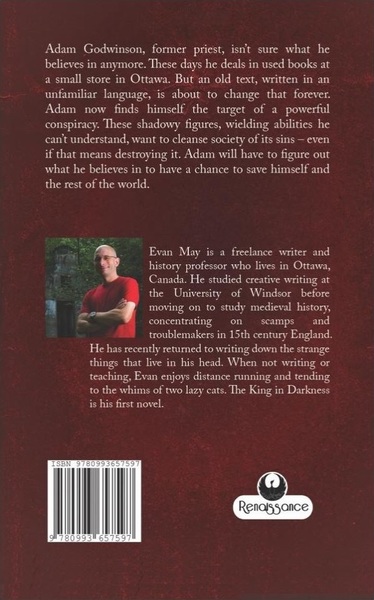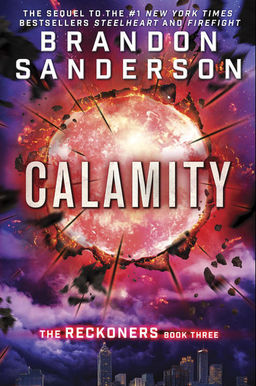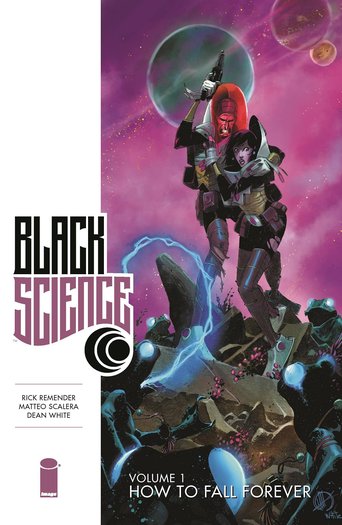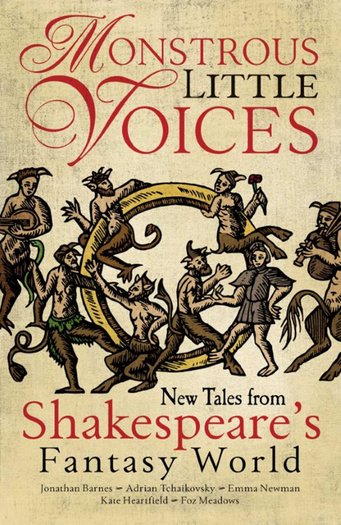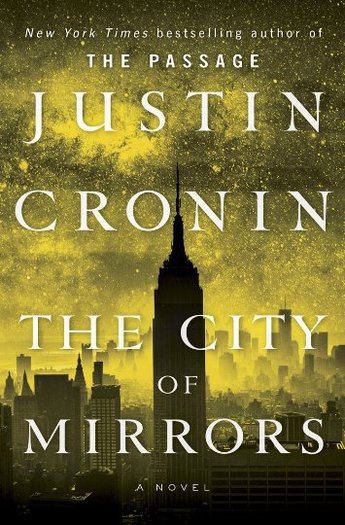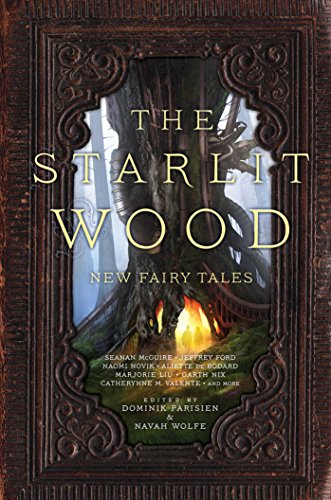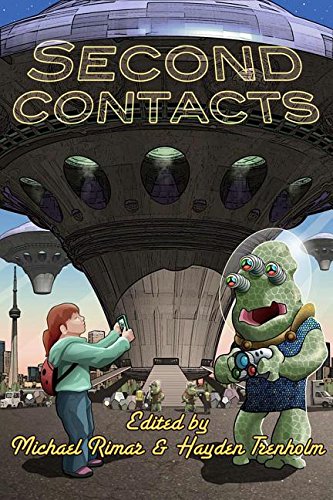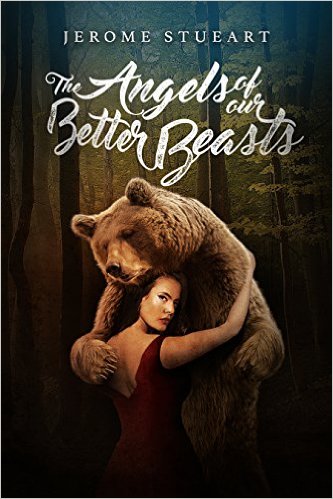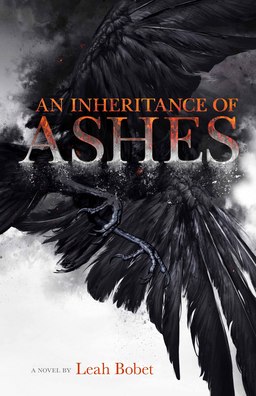Wordsmiths: An Interview with Aurora Award-winner Ryan McFadden
 For my fourth installment in the Wordsmiths interview series, I had the pleasure of talking shop with Ryan T. McFadden, three-time winner of the Aurora Award and author most recently of the fantasy novel Cursed: Black Swan, from Dragon Moon Press. I’ve known Ryan for a few years now, since my first-ever panel at Can*Con in Ottawa — he’s not only a fabulous writer, he’s also good people, so I’m thrilled to be able to cast a spotlight on him this week. Read on below for my discussion with Ryan on the pressures of being a writer, influences on what we write, and past exploits. Enjoy!
For my fourth installment in the Wordsmiths interview series, I had the pleasure of talking shop with Ryan T. McFadden, three-time winner of the Aurora Award and author most recently of the fantasy novel Cursed: Black Swan, from Dragon Moon Press. I’ve known Ryan for a few years now, since my first-ever panel at Can*Con in Ottawa — he’s not only a fabulous writer, he’s also good people, so I’m thrilled to be able to cast a spotlight on him this week. Read on below for my discussion with Ryan on the pressures of being a writer, influences on what we write, and past exploits. Enjoy!
Ryan’s bio (possibly pilfered from his website): Ryan T. McFadden is a writer of fantasy and horror, with short stories and novellas published through Dragon Moon Press, Edge SF & F, and Absolute X-Press. In 2014, his novella “Ghost in the Machine” won the Aurora Award (Canada’s most prestigious award for SF&F) for Short Fiction. His motley past involved such dangerous work as database administration, ice cream flavoring (seriously, that’s a thing), hockey league administration, screen printing, web design, furniture building, and home renovations. He lives in London, Ontario, with his two beautiful, but sometimes diabolical daughters, who he is sure are plotting to one day overthrow him. Check out Ryan on Twitter: @RyanTMcFadden.
